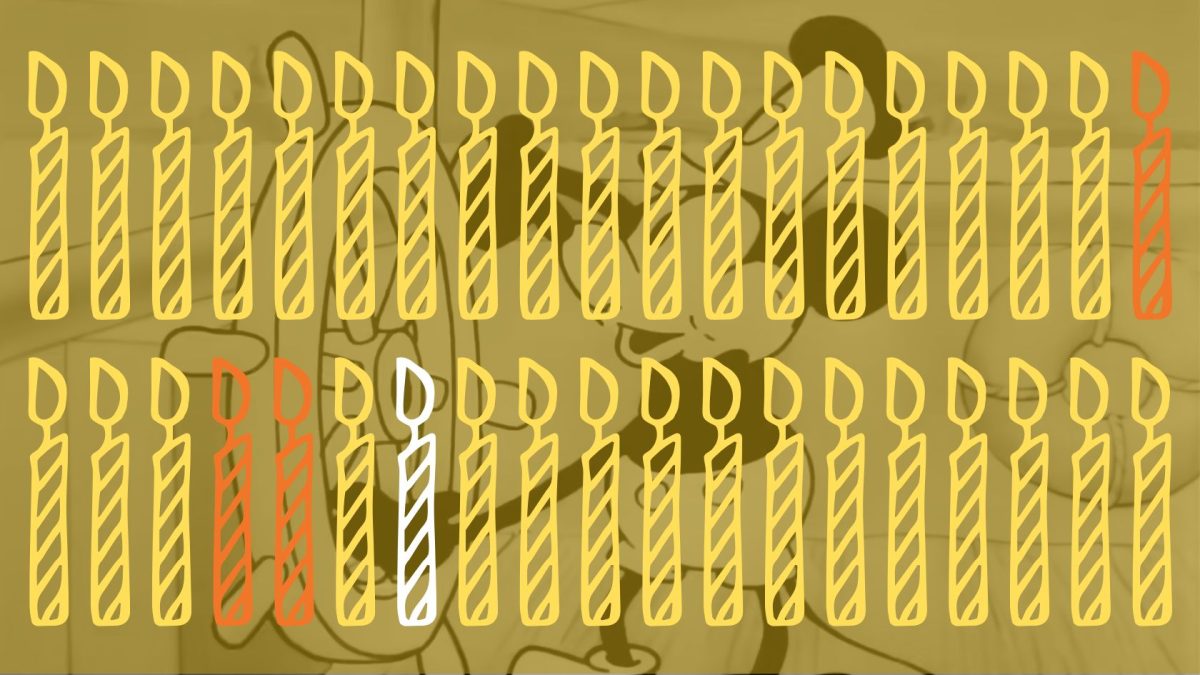This blog is part of my 38 35 before 38 series. I write a blog for every single day for the 38 days leading up to my 38th Birthday.
A liberal market society can’t work without property rights. And you can’t have property rights if you don’t have any authority to protect them. Much to the chagrin of the Deranged Libertarians everywhere, market economies can’t exist without a strong state apparatus. Your “freedoms”, “rights”, etc. are not a function of your existence. They are a contract with a state.
For eons, humans have organized around this idea. Our oldest samples of written language are records of who owns what. For eons, we have known what(and whom) can be owned. Land, cattle, pets, produce, and other equipment. And slaves, but we don’t like to talk about that. Until recently this did not include esoteric concepts like ideas. Ideas belonged to everyone.
And then we got Intellectual property.
Regulatory Capture
First lets clear up some definitions. A regulation, in terms of policy, is a rule based on a existing law. As interpreted by administrative agency or local governing body. Regulatory capture is the process where an industry, some special interests or even everyday citizens capitalize on these regulations to exclude competition. Either due to lobbying or as unintended consequence.
For example, the housing crises that are currently plaguing many western metropolitan area. There are multitudes of factors, but the biggest one is a lack of supply; not enough housing is being built to offset demand. Why, when there is demand, would anyone not capitalize it? Because of Regulatory Capture by existing home owners. They employ seeming harmless regulations like environmental protections and zoning laws to delay, and deny any new affordable construction around their properties. Because they fear it would lower their own property values.
How IP works
The history of IP rights is labyrinthine and boring. And beyond the scope of my thesis here. IP can be categorized 3 ways.
- Trademark: A name or design that signifies your presence to the world.
- Patent: Any technical idea(a machine, procedure, design, etc) that you have exclusive right to trade in for a set period of time.
- Copyright: Any creative idea(story, song, film, etc) that you have exclusive rights to produce, trade and license.
For the sake of brevity, we would only discuss the last one today. Also these descriptions are oversimplifications. Caveat emptor.
In most jurisdictions, a copyright extends to your life, plus a few decades for your heirs/estate. After which it goes into the “public domain”, where nobody has control of you work. The rationale behind this regime is solid; while ideas belonged to everyone, copyrights made it possible for individuals to earn a living producing art and culture. It also prevented anybody else to capitalize on your hard work. By retaining exclusive rights to their works, artists finally had a way to earn on the basis of their work, rather than rely on the whims of patron*.
However, this also creates perverse incentives to prolong cultural status quo. Why produce new work, when you can keep iterating on the same ideas, extending the copyright forever? Why produce any idea anyway? Just purchase copyright licenses.
The US has a especially egregious regime. It extends copyrights for almost up to a century. And thanks to trade agreements, US law is default in every major market.
Who captured whom
Capital will take the path of least resistance. There is no reason to invest in new risky ideas when you can keep safely recycling the same ones. But copyright allows one other way of limiting competition for entrenched interests.
By locking popular stories, images and songs for almost a century, it kills storytelling. Copyright protection always had a downside. It limited how humans have always transmitted culture. We worked on what came before. It mutated, transformed, and became something new. But if you have to pay royalties to retell stories, that transmutation was over. Delaying it seemed like a good enough trade off for the sake of better compensation for writers, artists, and creators.
Now that corporate behemoths own every great idea under the sun for the past century, there is no way to build upon them. Nobody but the owner can work on them. Anybody that tries to will be met with a lawsuit. The state will intervene on part of the owner.
The reason so much of the media is controlled by the same 4 corporations because they have captured and weaponized these regulations. What began as a way to protect artists from large commercial interests exploiting their hard work, has become a way for the same interests to calcify their hold on industry. With the help of the state.
*Samuel Johnson, in the first dictionary of the english language, referred to a Patron as “Commonly a wretch who supports with insolence, and is paid with flattery.”

